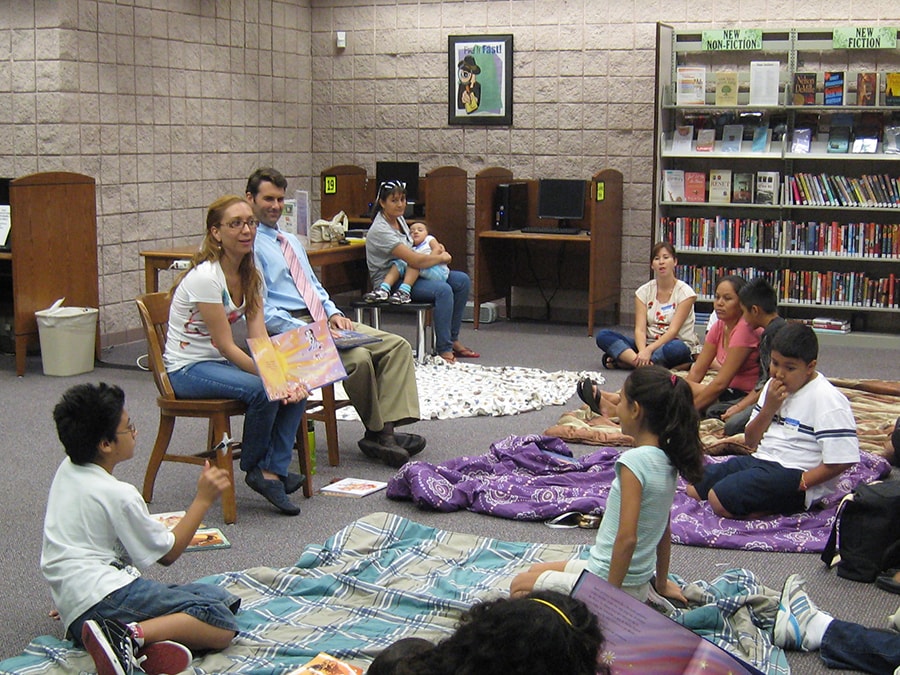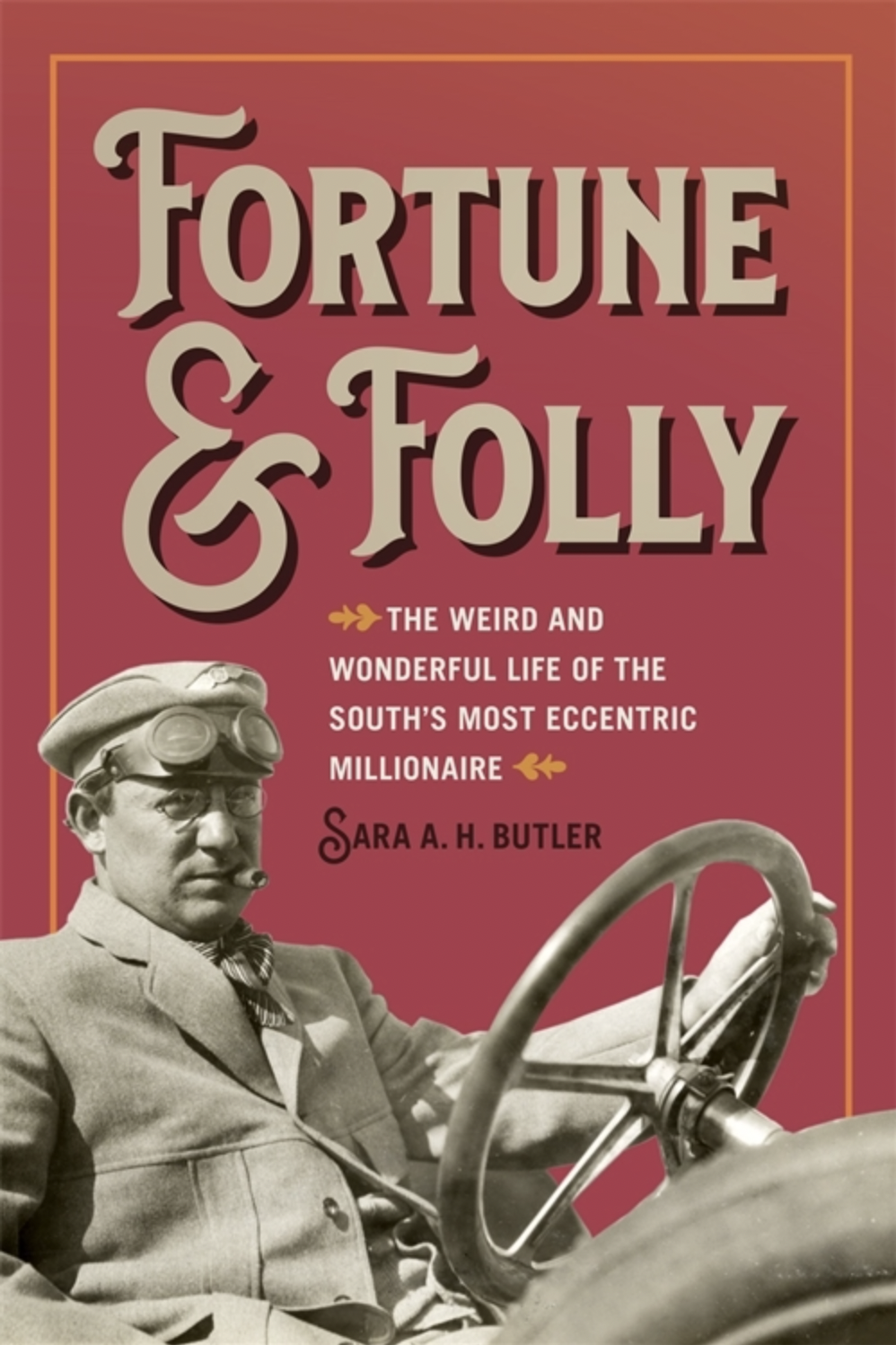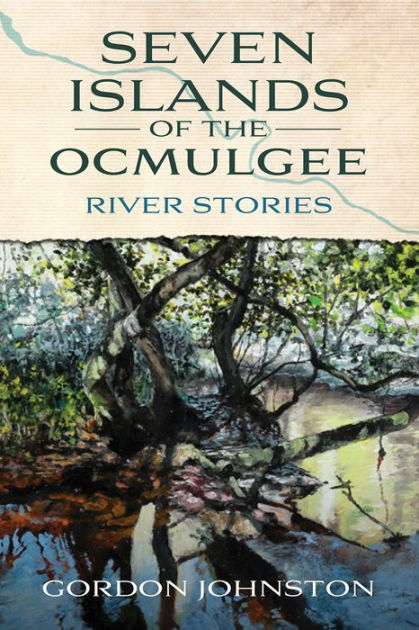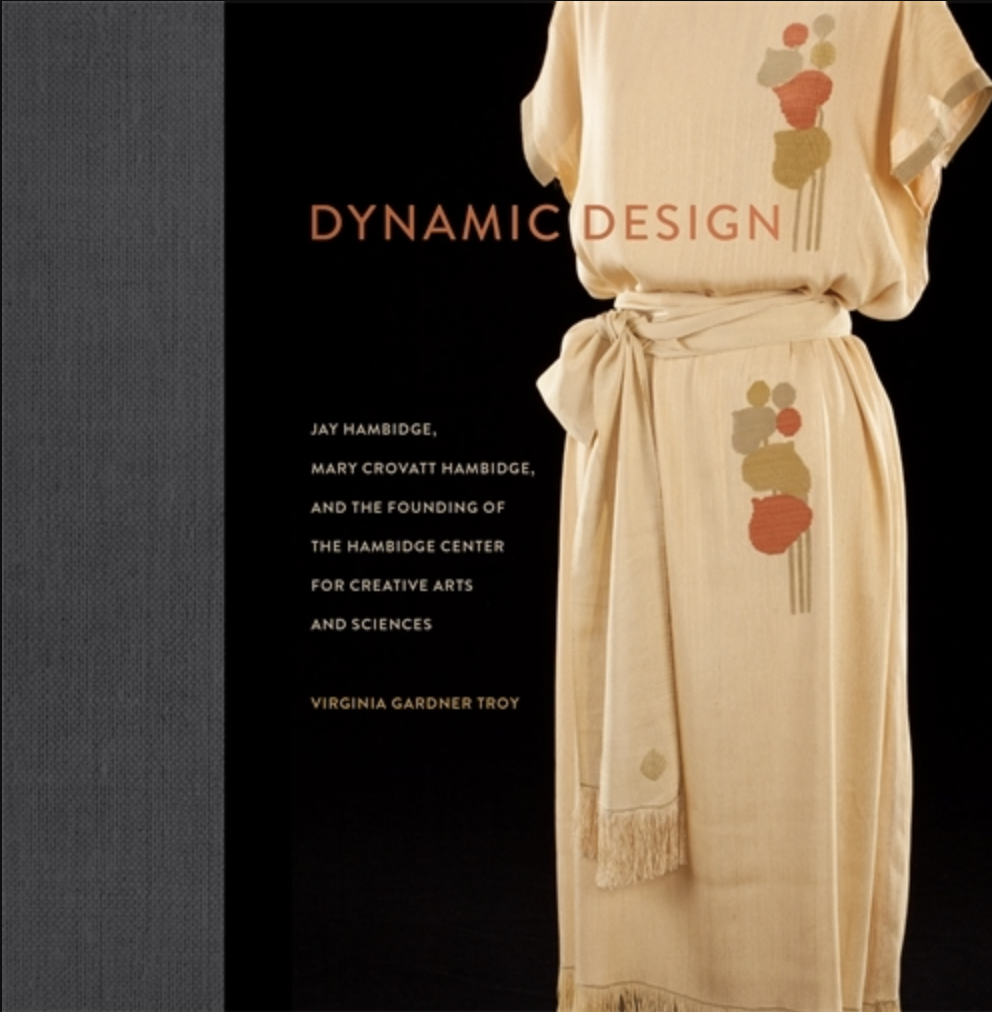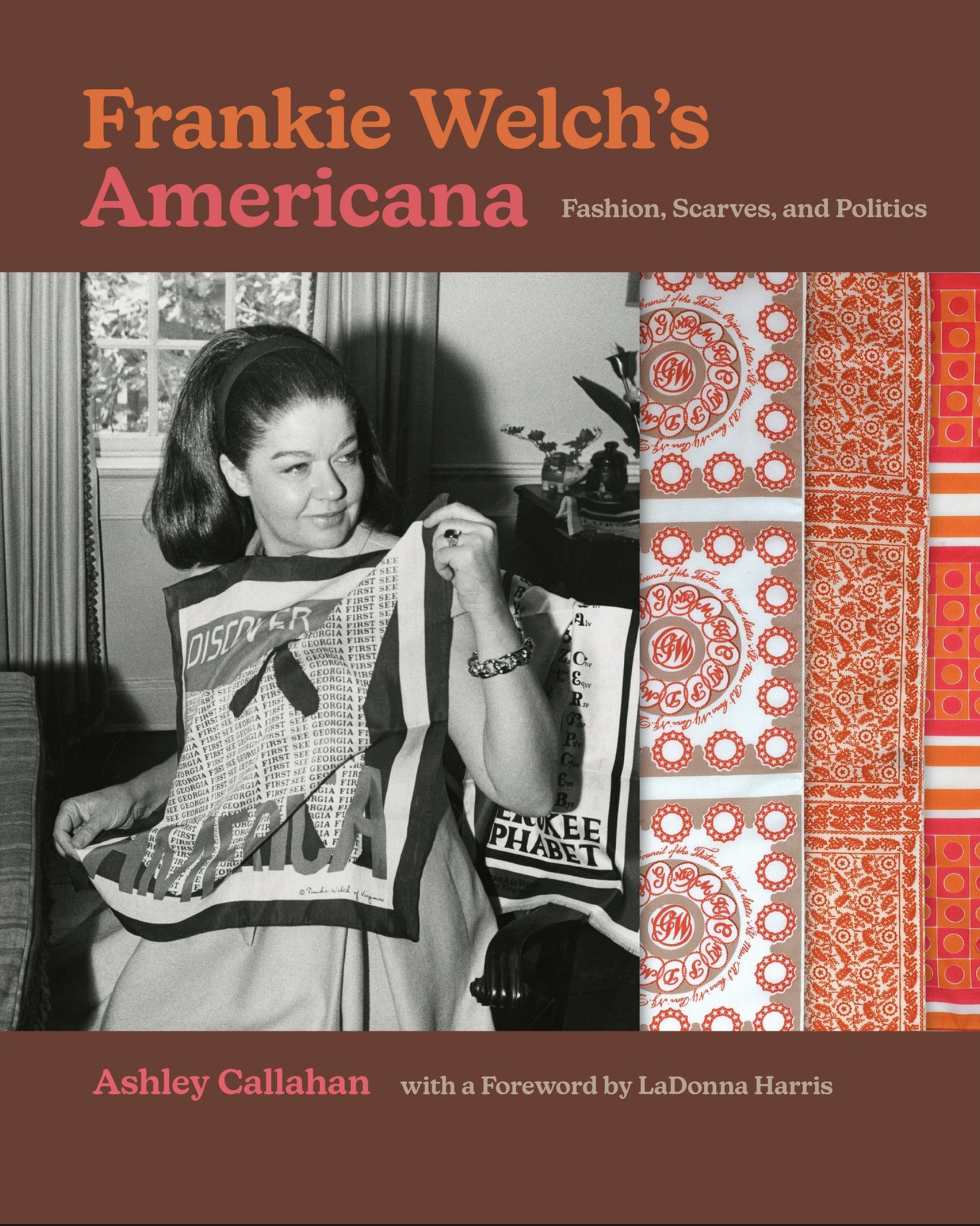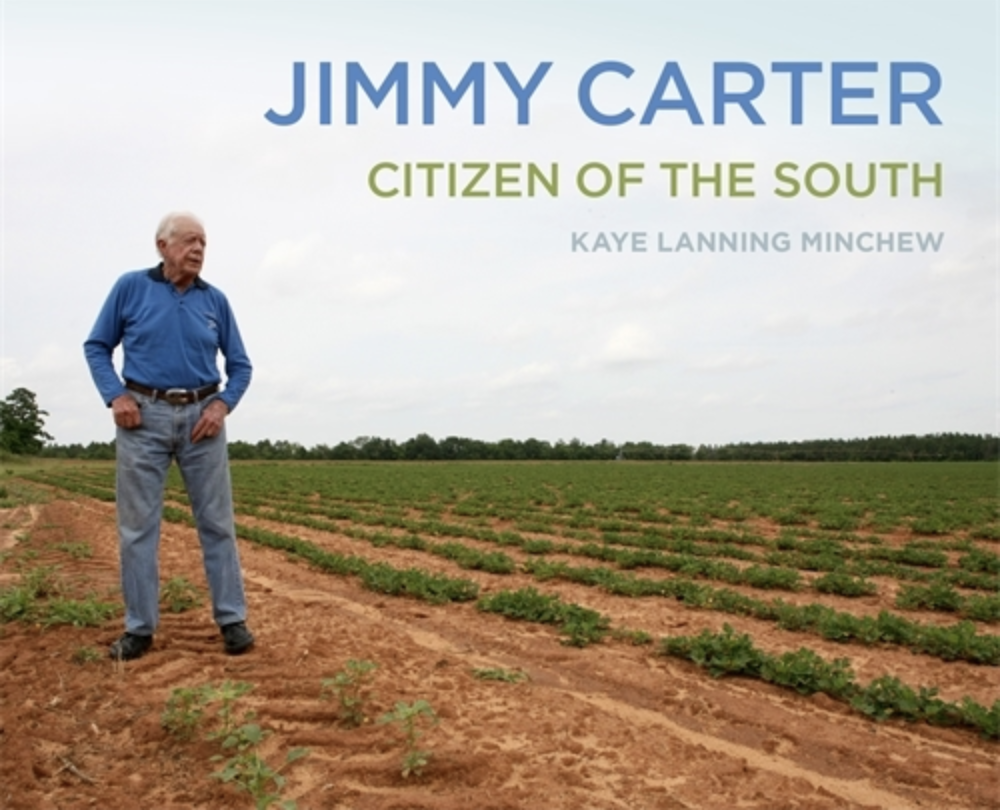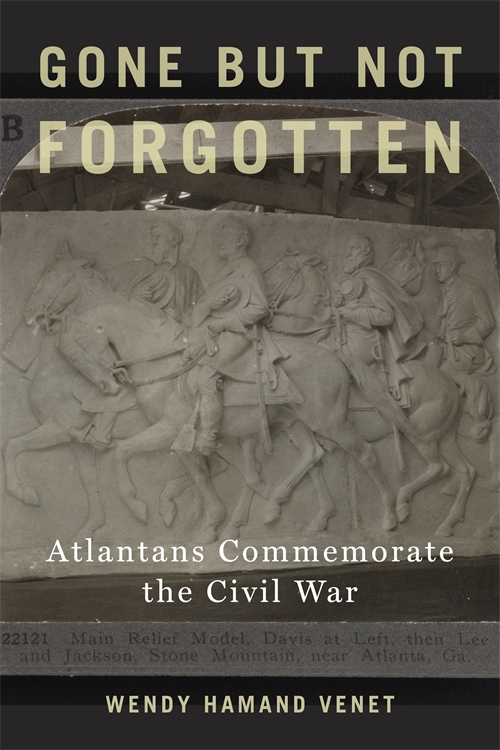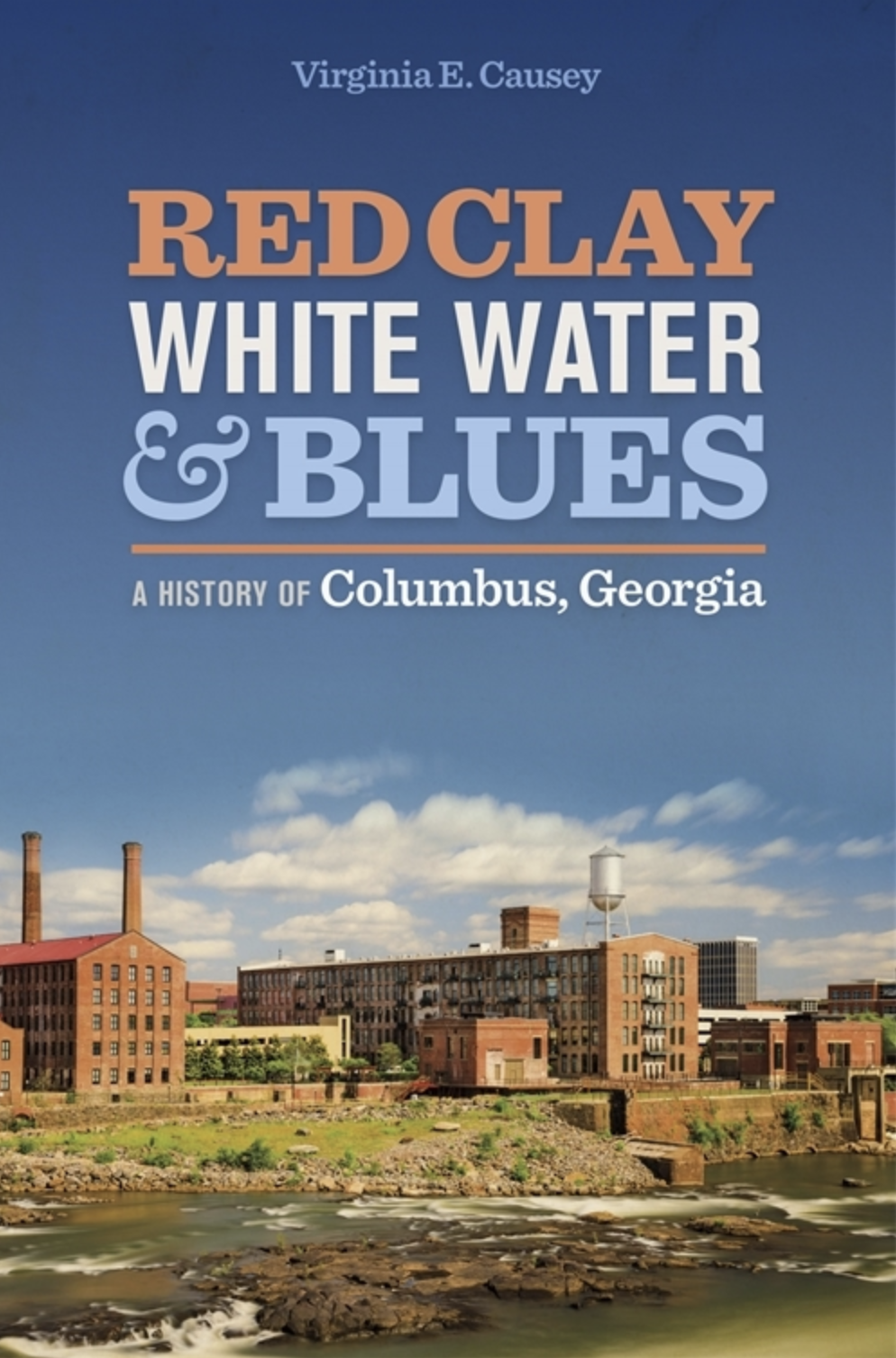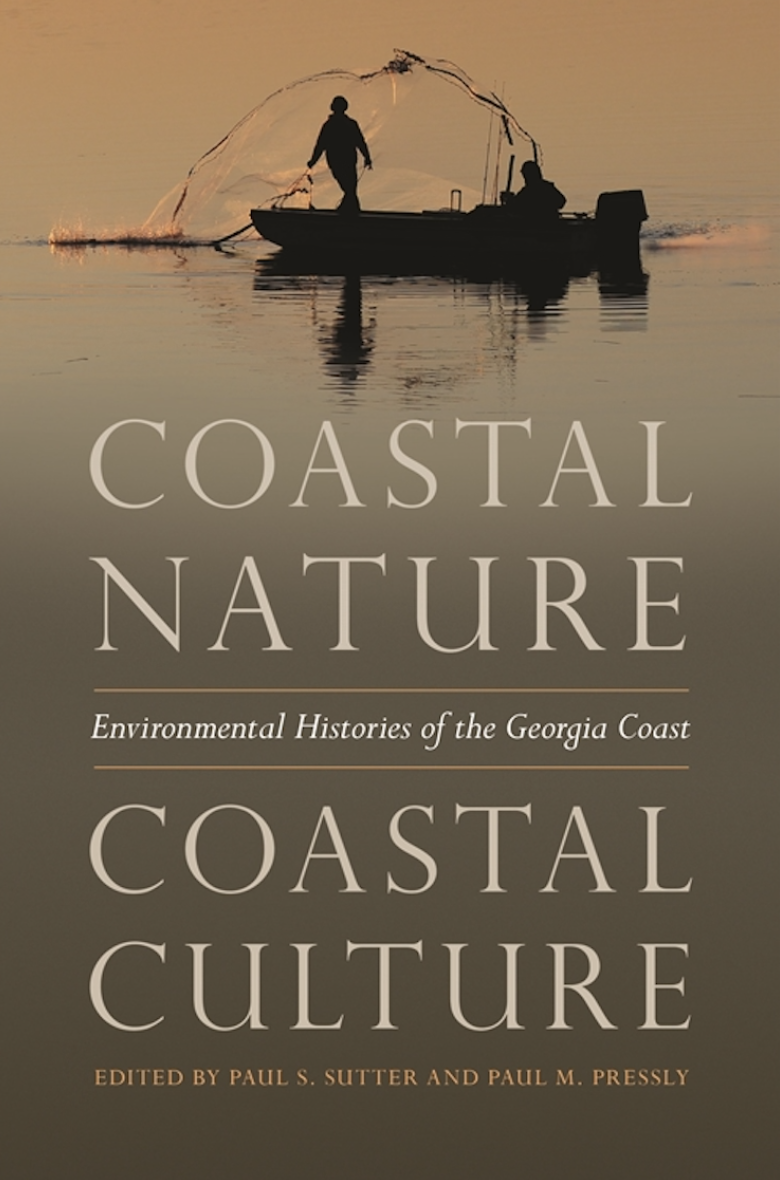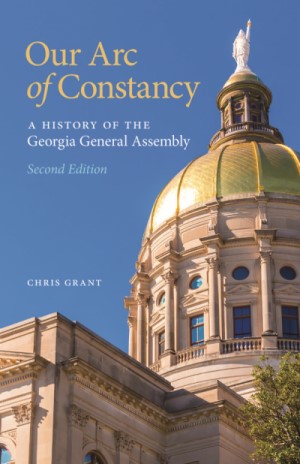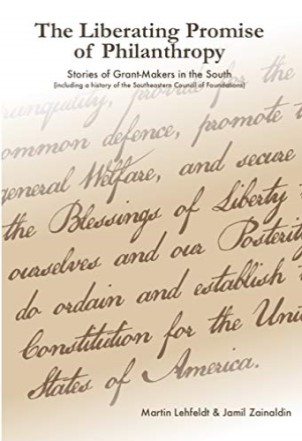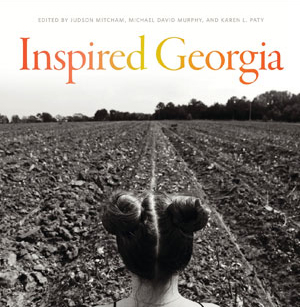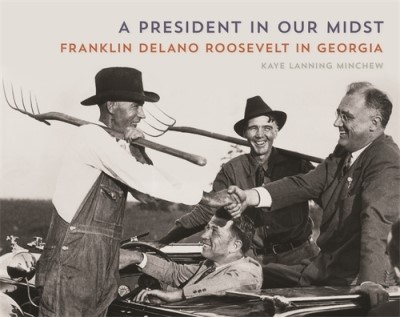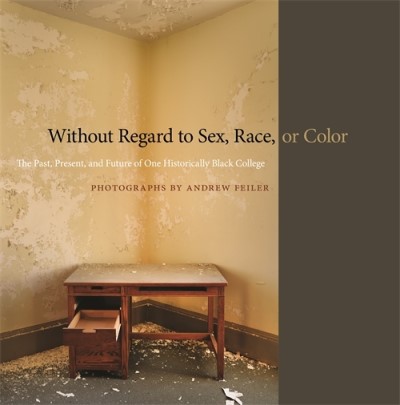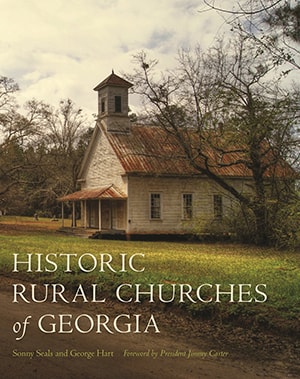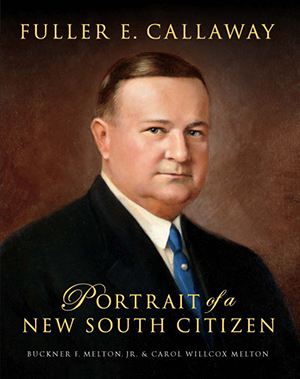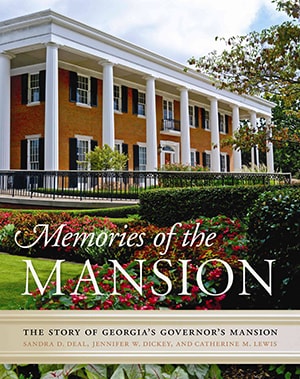Books & Literacy
Georgia Humanities is dedicated to lifelong learning. We partner with publishers such as the University of Georgia Press and Mercer University Press to support special book publications and with educational organizations like the Georgia Public Library System to support literacy efforts.
Book Publishing Partnerships
Georgia Humanities collaborates with publishing partners to make available books that are vital to understanding and appreciating the history and culture of our state.
Fortune and Folly: The Weird and Wonderful Life of the South’s Most Eccentric Millionaire
Briarcliff Mansion—a local Atlanta landmark—was once the residence of Asa Candler Jr., the second son of Coca-Cola founder Asa Griggs Candler. Nicknamed Buddie, he was a prominent real estate developer from 1910 to 1950, known for grand schemes and spectacular missteps. Buddie’s legacy and the mansion’s story, which faded following his death in 1953, have been brought back to life in this copublication from UGA Press and Georgia Humanities.
Seven Islands of the Ocmulgee: River Stories
Inspired by the author’s canoe trips on the Ocmulgee, this story collection invites readers to experience the transformative power of the river and its tributaries through seven captivating tales that draw on diverse cultural traditions. A co-publication of Georgia Humanities and Mercer University Press, Seven Islands of the Ocmulgee explores the river’s profound impact on Georgia’s landscape and inhabitants.
Dynamic Design: Jay Hambidge, Mary Crovatt Hambidge, and the Founding of the Hambidge Center for Creative Arts and Sciences
Dynamic Design explores the lives and work of Jay Hambide and Mary Crovatt Hambidge, influential 20th-century artists and designers who established the Hambidge Center for Creative Arts and Sciences—a north Georgia community supporting and inspiring the work of artists and artisans for nearly a century.
Frankie Welch’s Americana: Fashion, Scarves, and Politics
This lavishly illustrated and deeply researched book traces the career of textile designer and tastemaker Frankie Welch—from her roots in Rome to her role as the doyenne of Washington, D.C., fashion. Best known for her custom scarves, Welch designed thousands for clients, including Betty Ford, McDonald’s, the Smithsonian Institution, and the Garden Club of Georgia.
Jimmy Carter: Citizen of the South
Georgia and the South made an indelible impact on Jimmy Carter. This book uses oral histories and more than 215 photographs to examine the former president’s life and how the South nurtured him, provided a launching pad for his political career, and supported the various activities of his post-presidency. Even people familiar with Carter will gain a greater appreciation for the breadth of civic, religious, and charitable ventures the president has engaged in since leaving office.
Gone But Not Forgotten: Atlantans Commemorate the Civil War
Wendy Hamand Venet examines the memorialization of the Civil War in Atlanta and who benefits from the specific narratives that have been constructed around it. She explores veterans’ reunions, memoirs and novels, and the complex and ever-changing interpretation of commemorative monuments. Despite its economic success since 1865, Atlanta is a city where the meaning of the Civil War and its iconography continue to be debated and contested.
Red Clay, White Water, and Blues: A History of Columbus, Georgia
Columbus is the third-largest city in Georgia, and Red Clay, White Water, and Blues is its first comprehensive history and the first that analyzes the significant contributions of all its citizens, including African Americans, women, and the working class. Virginia E. Causey documents the city’s founding in 1828 and brings its story to the present, examining the economic, political, social, and cultural changes over the period.
Coastal Nature, Coastal Culture: Environmental Histories of the Georgia Coast
Georgia’s coast has a deep and diverse human history. In Coastal Nature, Coastal Culture, editors Paul S. Sutter and Paul M. Pressly bring together work from leading historians as well as environmental writers and activists to explore how nature and culture have coexisted and interacted across five millennia of human history along the Georgia coast, as well as how those interactions have shaped the coast as we know it today.
How Journalists and the Public Shape Our Democracy: From Social Media and “Fake News” to Reporting Just the Facts
Covering the role of journalism in our democracy, the confusion over how news is researched and reported, the responsibilities of citizens to inform themselves, and much more, this booklet in an indispensable resource. Created in partnership with the University of Georgia’s Grady College of Journalism and the Atlanta Press Club.
The Liberating Promise of Philanthropy: Stories of Grant-Makers in the South
Georgia Humanities president emeritus Zainaldin and former Southeastern Council of Foundations director Lehfeldt examine roots of philanthropy in the South, which began to grow in response to the destruction of the Civil War. The authors demonstrate that after 1865, philanthropy and the nonprofit sector became partners in opening the door for a new civil society in the South—culminating in the modern civil rights movement.
Fuller E. Callaway: Portrait of a New South Citizen
In this new biography of Fuller E. Callaway, a progressive industrialist at the forefront of the South’s modernization efforts, the authors offer lessons about joining the interests of business with the civic good. A copublication with the Fuller E. Callaway Foundation.
Literacy in Libraries
PRIME TIME® Family Reading Time is a family literacy program that helps economically and educationally vulnerable families bond around the act of reading and talking about books. The program demonstrates a model of reading and discussion designed to encourage thinking beyond the standard who, what, where, and when of the story, and includes interactive storytelling and group discussion that takes place in one 90-minute session per week for six weeks.
PRIME TIME® addresses illiteracy and low-literacy using the humanities as a tool to create excitement about reading, and programs are often conducted in Spanish and English.
The impact of PRIME TIME® is significant: the program delivers quality humanities education experiences to families at risk for low-literacy; increases public library use among participants; increases family bonding and reading time of participants; and positively affects the attitude and behavior of families regarding reading.
The PRIME TIME® program is facilitated in Georgia through a partnership between Georgia Humanities and the Georgia Public Library Service.
